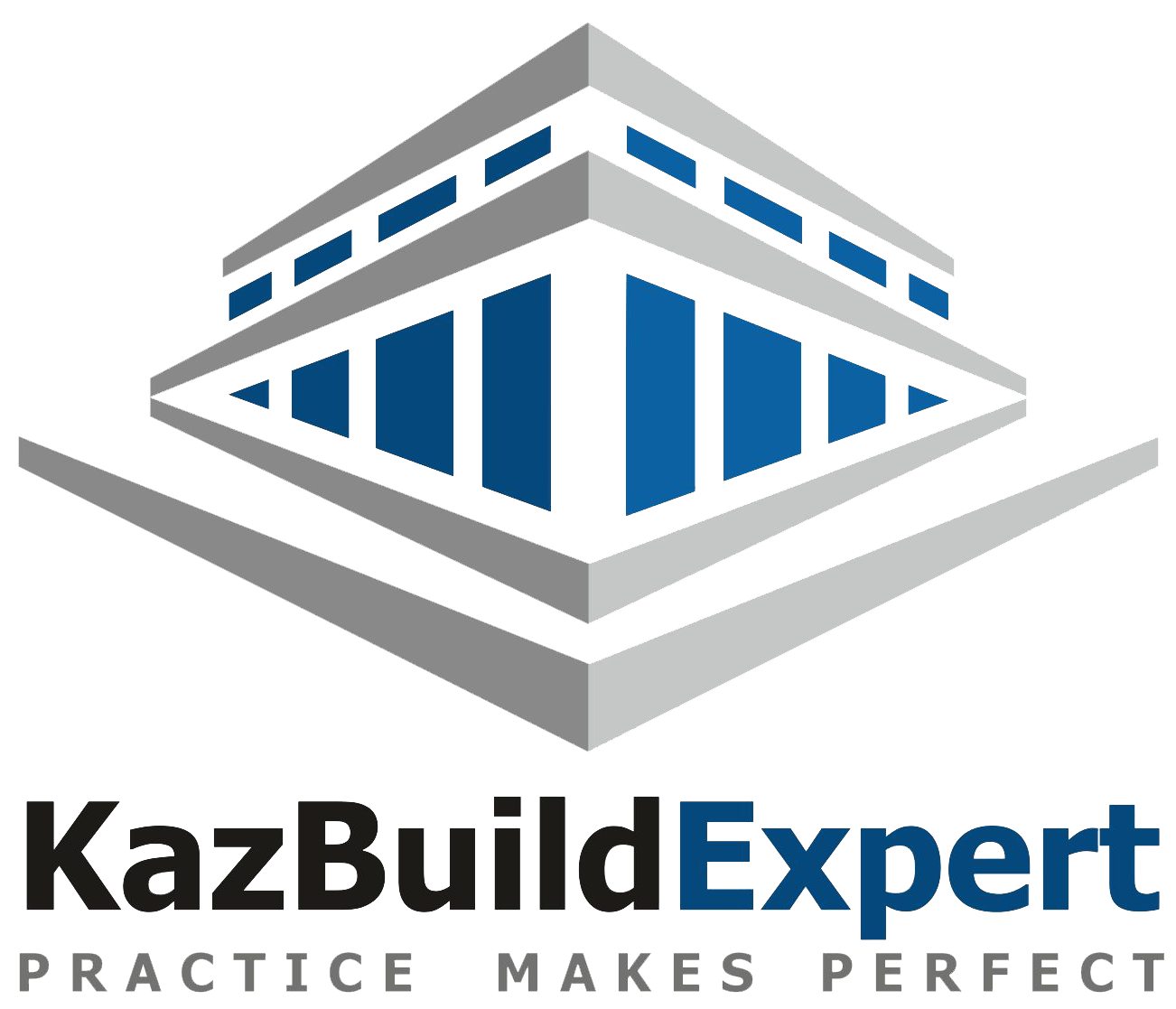Working on any construction project requires finding a specialist who is able to manage it competently and professionally, guaranteeing the necessary result. To monitor the implementation of the project, a separate department is created, which includes specialists with good work experience who are able to solve the tasks set.
Project management requires the organization of workplaces, the payment of an acceptable salary, the provision of social security and guarantees to specialists, without which it is impossible to do in the construction sector.
Today, there is an alternative option in Kazakhstan — the work of the project team and project management services in construction on the basis of outsourcing.
Transferring the project management function in the construction sector to a professional team gives the following advantages;
elimination of typical errors at the stage of project documentation development;
prevention of embezzlement of funds from the company’s budget, as well as its unjustified “bloating”;
coordination of the object under construction with regulatory authorities and state authorities at the stage of pre-project preparation and design;
the use of high-quality building materials that were originally included in the estimate;
provision of guarantees for the construction of the object in accordance with the project.
Risk management in the implementation of a construction project
Project management in construction includes such an activity as risk reduction. The latter may arise due to insufficient financing of construction works, incompetent and irresponsible quality control of the building materials used, incorrect determination of the terms of construction of the object, which inevitably leads to their failure in the future. Also, the risk factors include insufficient control over the work at various stages of the project implementation.
Only professional risk management can guarantee the creation of an object that meets the current regulatory requirements, the needs of investors, customers and consumers as much as possible. Risk management includes the formation of a mechanism that allows the customer to receive such an income that compensates for his investment in the construction object.
Managing the terms of a construction project
The process of managing deadlines in the construction industry is determined by the following factors:
the completeness of the contractor’s acquaintance with the approved project documentation and his ability to correctly assess the entire planned amount of work;
availability of the necessary specialists (workers, engineers) in the staff of the contractor organization, as well as the possibility of using equipment and equipment to solve the tasks set;
the timeliness and completeness of the financing of the object, as well as the purchase of building materials.
When determining the deadlines on the basis of the current standards, it is not possible to violate them in the future with full compliance with other factors.
Quality management in the implementation of a project in the construction sector
Quality is one of the main indicators for any construction project. If the project management in the field of construction was conducted incorrectly, this leads to a decrease in funding and illiterate timing. In this case, it is extremely unlikely to achieve a positive investment effect at the stage of completion of construction works and the start of operation of the object. Only the strict implementation of the planned quality indicators allows us to consider the object attractive for investment.
The goal of quality management is to achieve the fulfillment of existing requirements at each stage of the project implementation, including the development of project documentation.
Project cost management in the construction sector
The management of a housing construction project or the construction of commercial real estate includes the cost management process, which begins at the stage of preparation of project documentation. The general contractor uses one of two options:
to coordinate a fixed price “turnkey” and register it in the agreement;
prepare an estimated estimate and include it in the general contract agreement.
The first option of project management and construction organization shifts responsibility for possible changes in the final cost of the project to the general contractor, since in the future he does not have the right to adjust the initially fixed price.
The second option is more reliable for investors and the general contractor company, since it reduces the risk of increasing the volume of work at various stages of the construction of the object. To exclude any force majeure, a detailed design and estimate documentation is required, in which there should be no errors.
